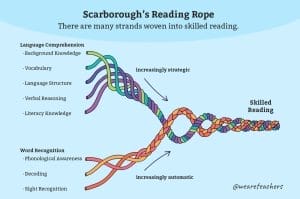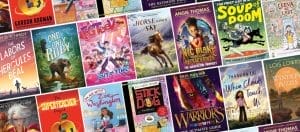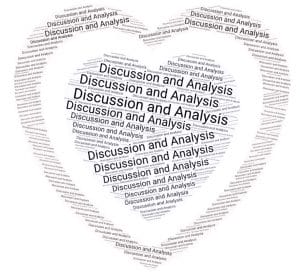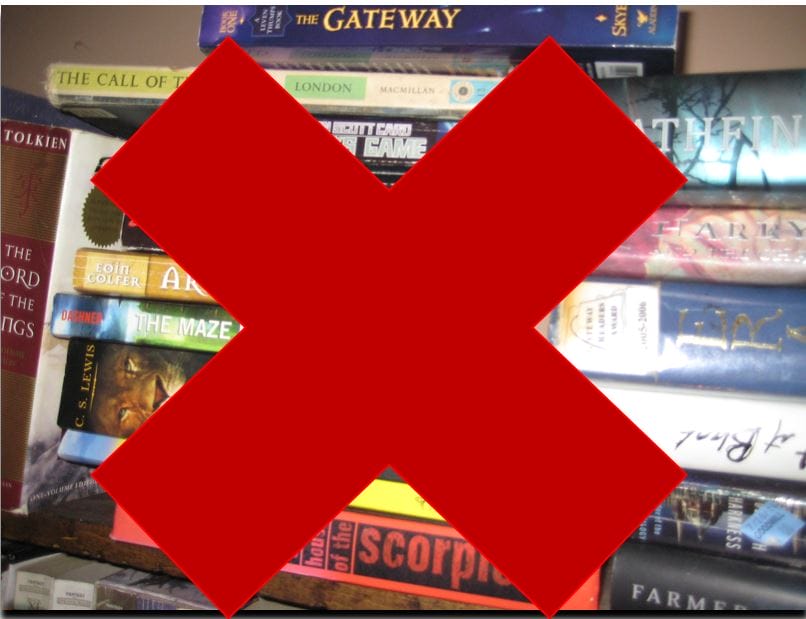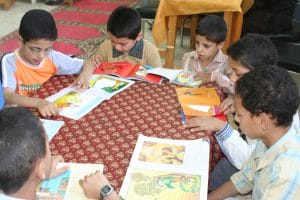The Science of Reading is an important aspect of understanding how language is developed. To understand reading programs and to introduce a reading program at school, it is important to know about the ‘Science of Reading’.
What is the Science of Reading?
The Science of Reading is not a curriculum or a single program. It is a vast, interdisciplinary body of research, gathered over decades from fields like cognitive psychology, linguistics, neuroscience, and education, that explains how humans learn to read proficiently and why some individuals struggle.
Research has led to a consensus that reading is not a naturally acquired skill like speaking; it must be explicitly and systematically taught.
Key principles and models associated with the Science of Reading include:
The Simple View of Reading (SVR):
A formula for the simple view of reading is that.
Reading Comprehension (RC) = Decoding (D) + Language Comprehension (LC).
This model shows that a deficiency in either decoding (word recognition) or language comprehension will result in poor reading comprehension.
Scarborough’s Reading Rope:
A visual metaphor that illustrates the many strands that must be interwoven for skilled reading. These strands fall into two main categories:
1. Word Recognition (e.g., phonological awareness, decoding, sight recognition).
2. Language Comprehension (e.g., background knowledge, vocabulary, language structures, verbal reasoning).
3. The Five Pillars of Reading Instruction: Instruction based on the Science of Reading is often structured around five core components essential for reading success, all of which should be taught explicitly and systematically:
1. Phonemic Awareness: The ability to hear, identify, and manipulate individual sounds (phonemes) in spoken words.
2. Phonics: The understanding that there is a predictable relationship between phonemes (sounds of spoken language) and graphemes (letters and spellings of written language), also known as the alphabetic principle.
3. Fluency: The ability to read a text accurately, quickly, and with proper expression (prosody).
4. Vocabulary: Knowledge of word meanings.
5. Comprehension: The ability to understand the meaning of the text.
Why Librarians Should Know About the Science of Reading?
Librarians are essential partners in community literacy, and understanding the Science of Reading is crucial for several reasons:
1. Informed Collection Development: Knowledge of the Science of Reading informs purchasing decisions. Librarians can acquire and promote decodable books (texts that strictly use letter-sound relationships the child has been taught) to support new readers who are actively learning to decode, supplementing the trade books focused on meaning and enjoyment. They can also focus on books that build background knowledge and vocabulary, which are critical for language comprehension (the upper strands of Scarborough’s Rope).
2. Effective Early Literacy Programming: Programs like storytime already incorporate elements aligned with the Science of Reading (e.g., rhymes and songs that build phonological awareness). Being aware of the research allows librarians to intentionally and explicitly reinforce foundational literacy skills in an engaging way.
3. Supporting Parents: As schools shift their instruction based on this evidence, parents come to the library for resources and information. Librarians need to be equipped to answer questions, recommend appropriate resources, and act as informed guides.
4. Community Partnership: Understanding the instructional methods being used in local schools (Structured Literacy, phonics-based instruction) allows librarians to better collaborate with educators, aligning library resources and programs with classroom instruction to provide seamless community support for reading development.
5. Promoting “Reading Joy” with Intent: While supporting foundational skills is key, librarians are experts in fostering a love of reading. The Science of Reading validates that both strong foundational skills (decoding) and rich language experiences (comprehension) are necessary. Librarians can bridge the gap by supporting structured practice while simultaneously curating diverse, high-interest texts to maintain motivation and cultivate lifelong readers.
Some resources:
Australian Education Research Center: Science of Reading
PCDA (Plan, Do, Check, Act) National Reading Strategy and Programmes in Netherlands

